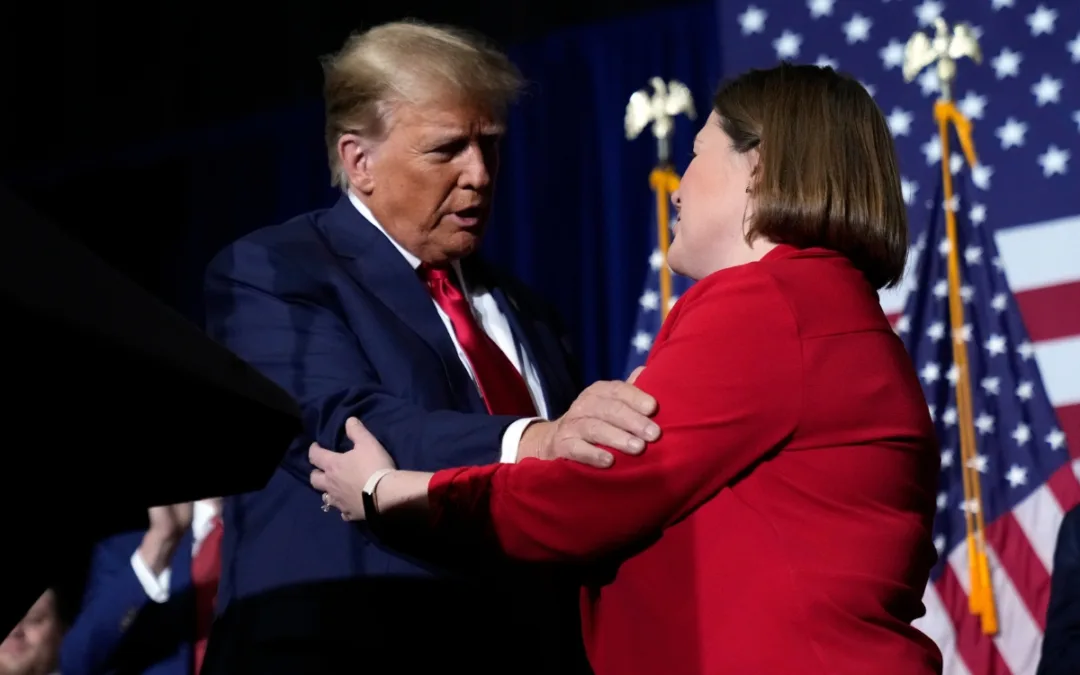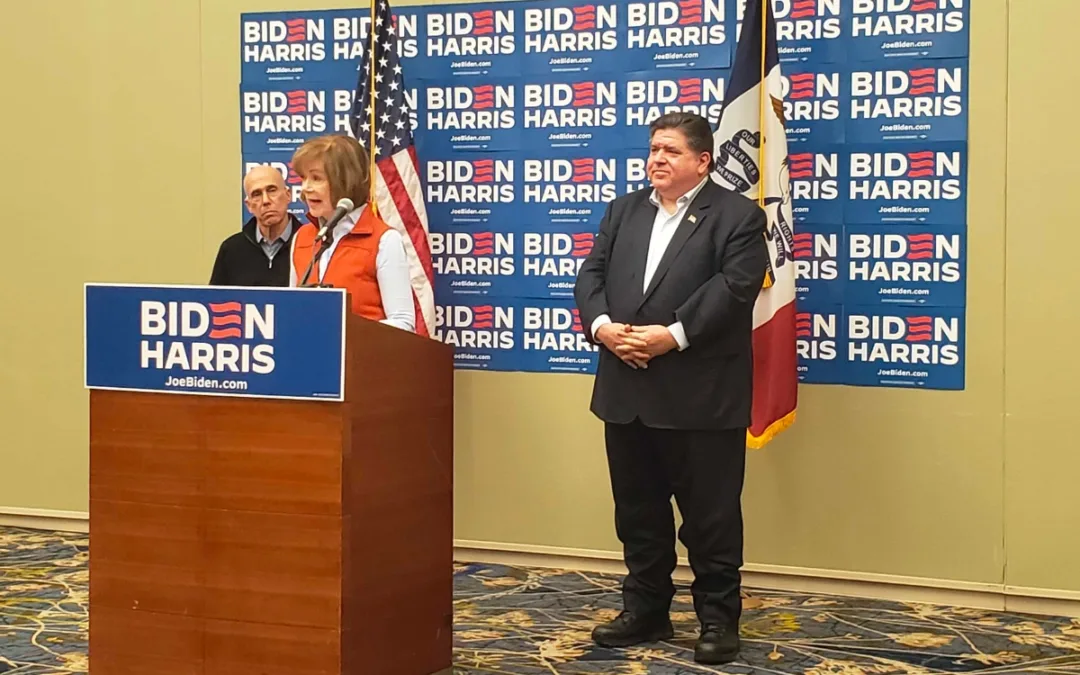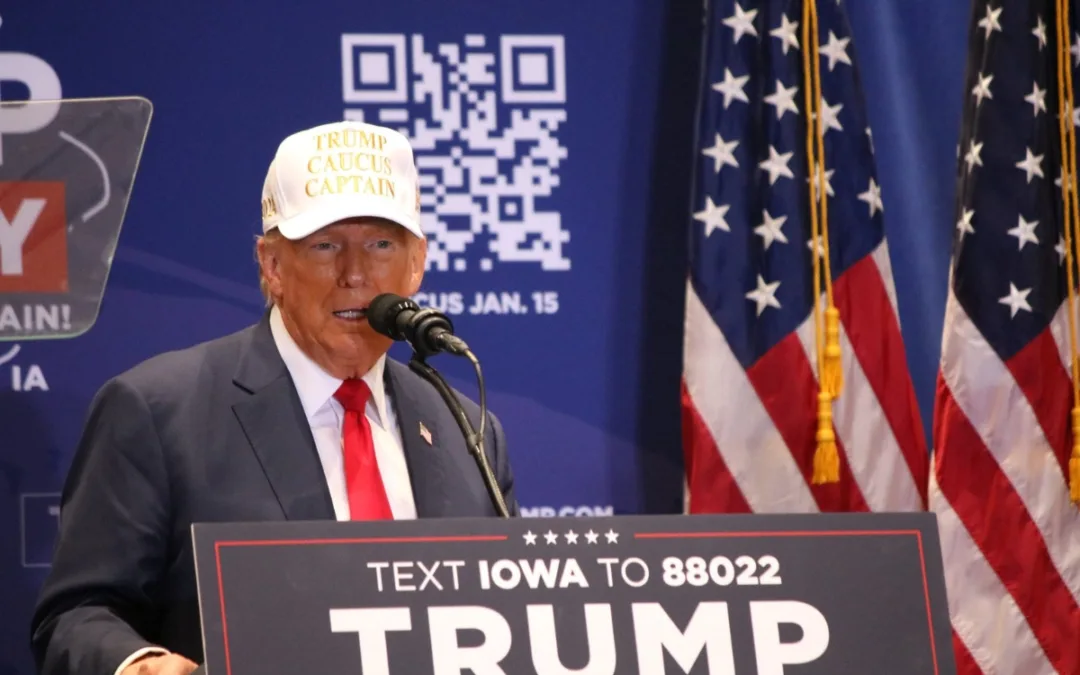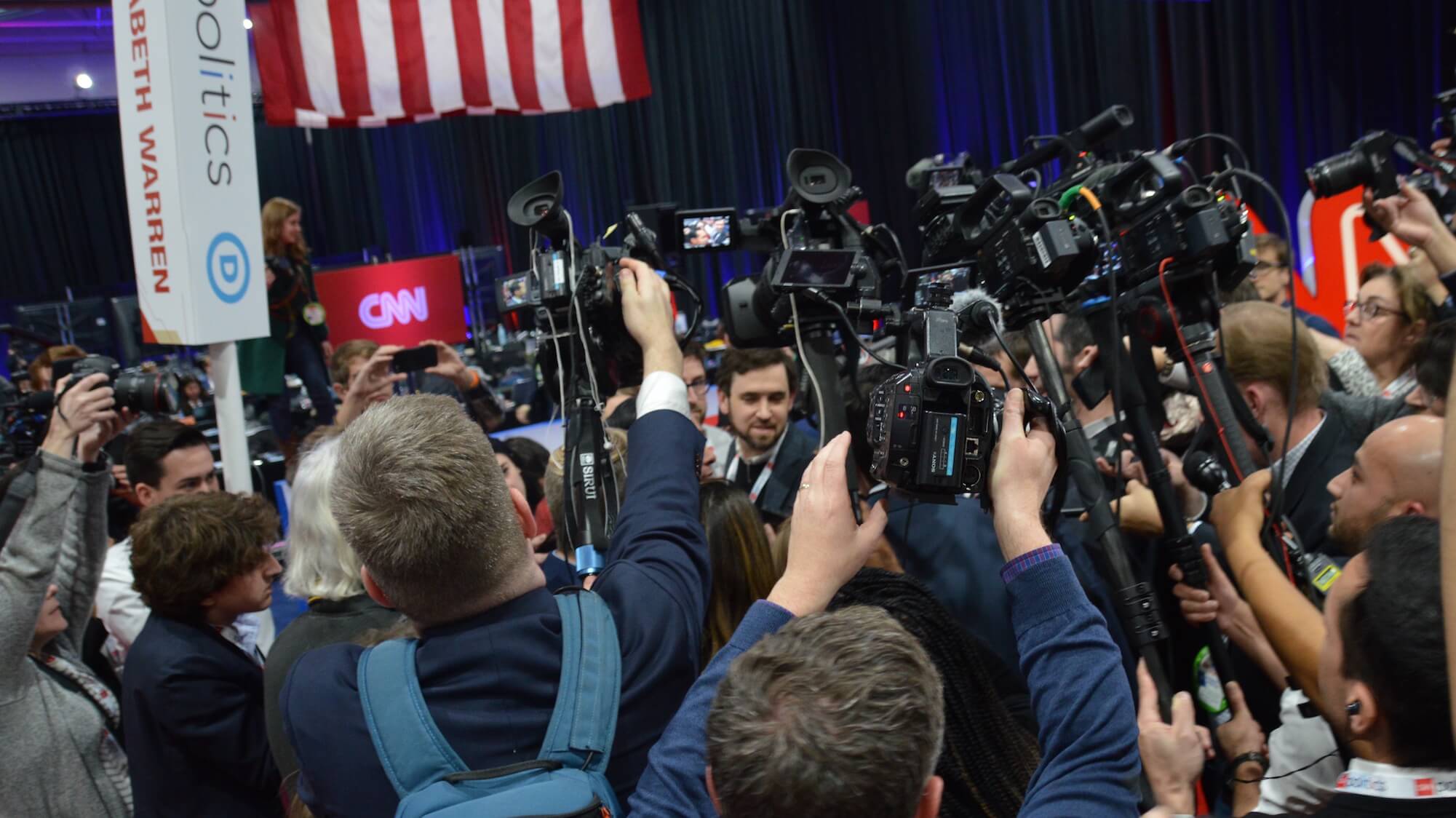
All eyes were on Iowa Tuesday night as the largest names in politics and media descended on the state to watch six Democratic hopefuls debate for the last time before the Feb. 3 caucuses.
Well-known cable news hosts like CNN’s Wolf Blitzer and Anderson Cooper were gone the following day, leaving the remaining members of the local, national and international press corps to cover Pete Buttigeg, the only candidate who held events on Wednesday. Iowans, aware of the increased attention, said it was their job to raise issues and ask tough questions before the rest of the country gets their shot with the candidates.
“There’s a bigger press corps than usual. Isn’t that interesting? And they’re the national press corps. Because we’re getting close to the date, they’re here in the trenches,” said Liz Bauch of Traer, at a Buttigieg event in Tama County.
“And people take it seriously,” Bauch, 65, said. “I know it’s a privilege to be able to see these people in person, and I try to do it because I have a lot of friends who don’t live in the state, and they’re like, ‘You’ve seen him? What’s he like?’”
[inline-ad id=”1″]
The former South Bend, Indiana, mayor held four town halls Wednesday, ranging from 720 attendees in Cedar Falls to 113 people in Tama County. Around 40 members of the press were also present, who at smaller events lined the walls and at large ones take up a significant portion of the room on press risers, occasionally venturing into the crowd for a quote or two.
As caucus day draws ever closer, the international press corp has increasingly shown up to Iowa events, with reporters from Japan and Sweden in the state recently.
Bauch considers it to be her job, and her fellow Iowans’, to play a specific part at caucus events.
“It’s all theater. It’s all theater. The crowd plays a really important part in it. Showing up is important because it helps all of them run better. They all improve. Pete was good before, but everyone gets better with practice,” she said. “If you’re doing live theater, the audience reaction is going to feed you. Where is the applause, are people laughing at the right place, are people falling dead?”
[inline-ad id=”2″]
Media coverage is affected by the crowd, too, she said. They sense and report on how the audience receives the candidates. They also cover attendee questions that elevate certain issues that don’t always get a lot of attention, like disability rights or detailed climate change policies.
At his first event in Newton, Buttigieg’s first question was from Dan Newell, a 37-year-old resident who moved from Canada two years ago.
Newell can’t caucus because his immigration papers haven’t yet cleared. So, he goes to candidate events because he’s concerned about climate change, and knew the media might cover the issue if he raised it.
“I will bother a candidate every time I get the chance. I’ve seen Beto, Booker, asked them questions,” he said. “There’s a guy who wants to be president there — room full of people, nothing else matters.”
[inline-ad id=”3″]
The candidates aren’t being pressed enough on the issue by the media, Newell said, both in articles and at the debates.
“If last night’s debate was any indication of how seriously this is being taken by the public at large, I would say you guys are not scared enough. Find any scientist working on this, they are terrified.”
After the event, two different national reporters came up to Newell for an interview.
[inline-ad id=”4″]
It’s important for Iowans to ask questions often glossed over by national media, Bauch said, especially about issues that affect the state, like paying farmers for implementing environmentally-friendly practices.
“I don’t get frustrated having the national press here, I enjoy it; I appreciate the attention, but I also understand that reporters can’t be experts in everything all the time,” Bauch said. “The first question today was from somebody talking about cover crops, and I wonder how many people had heard a question about that before. While the reporter last night from the [Des Moines] Register asked some Iowa-focused questions, it’s just such a blip.”
Tucker Cassidy of Waterloo is a member of the state party’s disability caucus. He too has challenged the candidates to discuss certain issues.
“We’re going to try to ask the hard questions, try to throw them off, quiz them,” said Cassidy, 44, at Buttigieg’s event in Cedar Falls. “I’ve personally challenged every one of the candidates to talk about disability.”
[inline-ad id=”5″]
Cassidy has gone to more than 20 events this caucus cycle and is keenly aware of his role in front of media.
“I think it puts pressure on some people,” he said. “For me, I kind of feel like it makes us live up to a kind of standard that we have here, like showing out, and that we’re doing our due diligence and holding these guys accountable for what office they’re trying to win.”
It’s Iowans’ job to better the candidates, Cassidy said, before they head to the rest of the country.
“It’s our job to make these candidates be better candidates. I saw a lot of these guys in April, May, June, and they’re so much better now,” he said. “I think it’s the practice, and I think it’s truly just talking to people. They’re really out there doing the work. You can really tell which have really been talking to people. And that will make a difference on caucus night.”
[inline-ad id=”0”]
By Isabella Murray
Posted 1/16/20
Politics
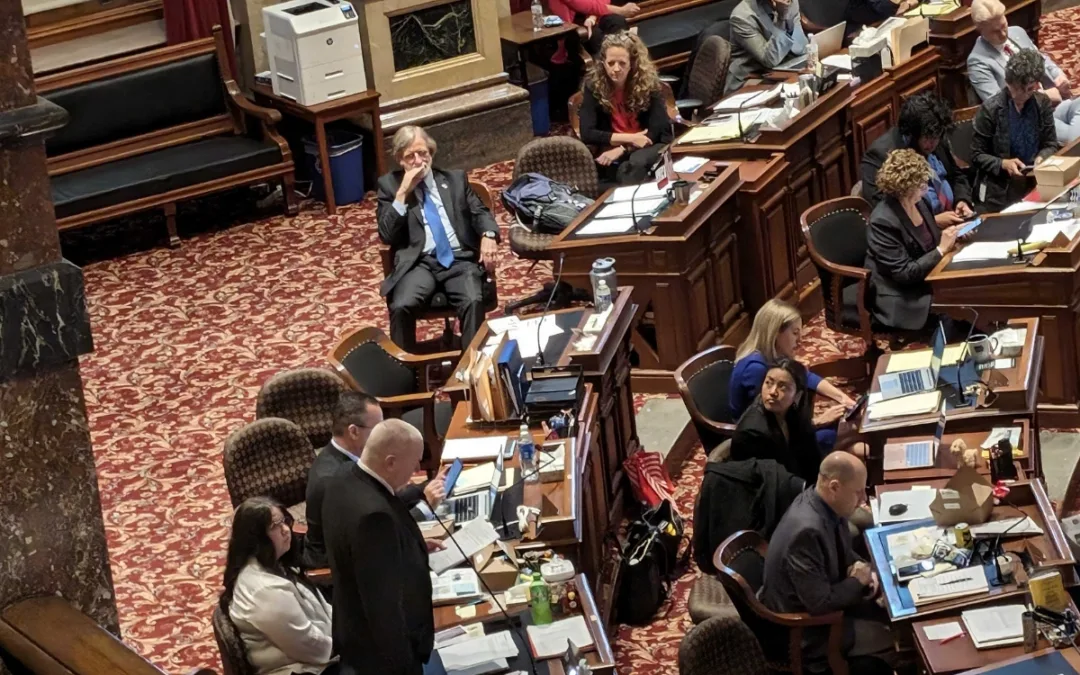
AEAs cutting workers in wake of Republican legislation
Iowa legislators said a new bill cutting money for agencies that help students with disabilities wouldn't affect services. But area education...

He said what? 10 things to know about RFK Jr.
The Kennedy family has long been considered “Democratic royalty.” But Robert F. Kennedy, Jr.—son of Robert F. Kennedy, who was assassinated while...
Local News

No more Kum & Go? New owner Maverik of Utah retiring famous brand
Will Kum & Go have come and gone by next year? One new report claims that's the plan by the store's new owners. The Iowa-based convenience store...

Here’s a recap of the biggest headlines Iowa celebs made In 2023
For these famous Iowans, 2023 was a year of controversy, career highlights, and full-circle moments. Here’s how 2023 went for the following Iowans:...


